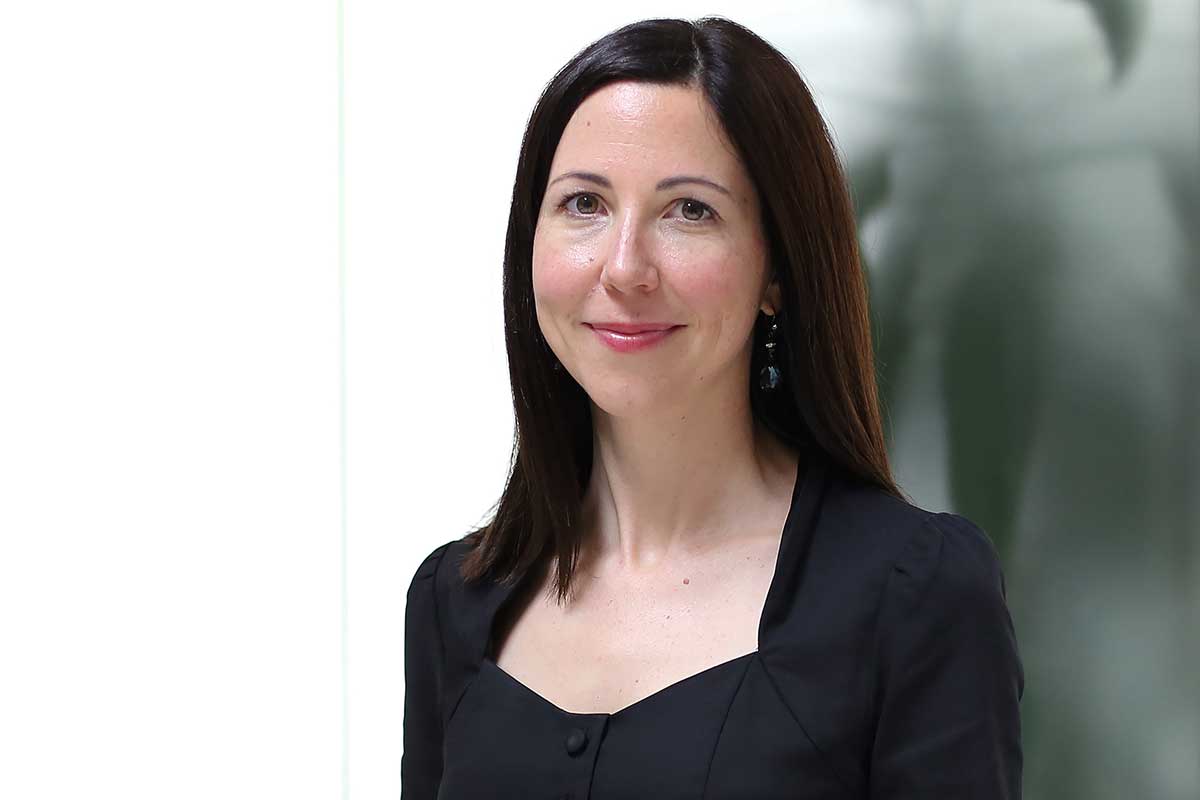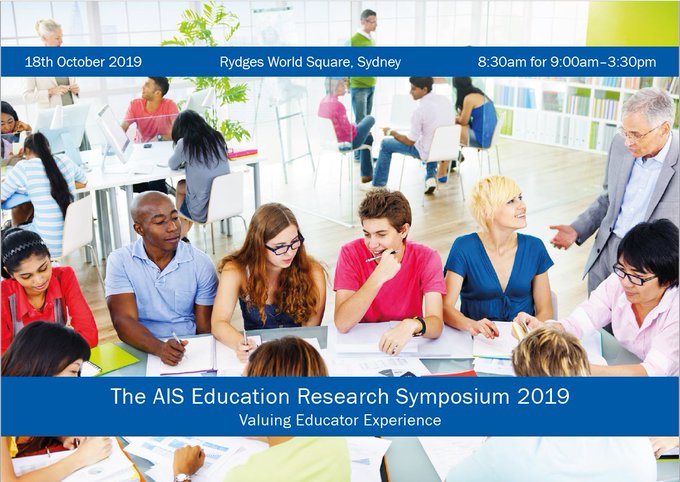Education Research Symposium keynote speaker, and Director of Education and Evaluation at the National Excellence in School Leadership Institute (NESLI) Dr Anna Dabrowski, discusses the need for schools to place a greater focus on teacher and principal wellbeing.
(Adapted from Dr Dabrowski’s recent research informed opinion piece in Education Matters Magazine.)
Research indicates that the teaching profession is one of the county’s most stressful professions. Recent findings from the 2018 Australian Principal Occupational Health, Safety and Wellbeing Survey indicate that more than half of principals work upwards of 56 hours a week, and one in three report experiencing significant stress. Challenges come from parents and students, policy mandates and an ever-changing system.
The realities of the classroom can also be surprising for new teachers, particularly in schools that are not able to resource their teachers well or are located far away from support in times of challenge. Consequently, educators often rate their wellbeing as lower than other comparative social professions, and attrition rates appear to reflect some of these challenges.
Schools across Australia continue to embrace wellbeing initiatives to support individual students, and to foster a sense of belonging and community by focusing on respectful relationships and mindfulness. However, it is safe to say the educators would benefit from more attention in this area.
Research suggests that when employees are happy and feel well looked after, they are likely to be more actively engaged in their work. The teaching profession is no different. To lift academic achievement and student wellbeing, addressing the wellbeing of principals and teachers seems like a prudent move.
Although educators face enormous challenges in their roles, the difficulty of the profession can be eased through positive relationships with students, parents, colleagues and leadership. This in turn, can have an affirmative influence on educators’ sense of wellbeing. The relationships within schools, and the resultant reciprocity created through bonds, norms, and trust can sometimes be overlooked in a profession struggling with overload and burnout.

Dr Anna Dabrowski is a lecturer at the University of Melbourne, and NESLI’s Director of Education and Evaluation.
My recent review of the National Excellence in School Leadership Initiative (NESLI)’s Staff Wellbeing Toolkit confirms this point. Based on extensive research into the challenges the education profession faces, and in collaboration with psychologists and educators, the toolkit aims to equip schools with a way to embed wellbeing support within the school structure.
From a sample of more than 6,000 participants, the main concern cited by Australian educators was loneliness. The stresses of the job could impact personal and professional relationships, and reducing the possibilities to be an engaged parent, partner, or friend. The resultant lack of confidence that some teachers and members of the education profession described was surprising, and the anxiety around forming new relationships, or repairing lost connections with friends and family was evident. This is why the toolkit is so important - it goes beyond yoga during lunch time, and instead focuses on the power of building positive relationships. Encouragingly, the data and participant feedback already shows that this is a big step in the right direction.
Participating in a collaborative and proactive approach to building relationships and community bonds moves participants away from the reactive ‘solutions’ to educator wellbeing that are sometimes over relied on. This is not to say that trauma informed approaches to wellbeing are not of value; but they do need to become part of the structure of the school rather than a reactive response.
As a former teacher (and now lecturer, researcher, and coach), I have worked with thousands of educators, from graduate to principal level, all of whom find maintaining their wellbeing and relationships a challenge. For this reason, I am encouraged by the broadening conversation around how we can best support the people who educate, guide, and provide futures for our children.
